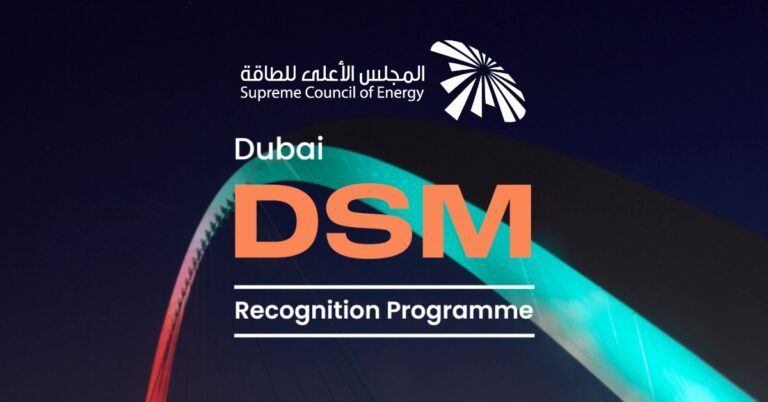The Dubai Supreme Council of Energy has introduced the Dubai Demand Side Management Recognition Programme, providing a distinctive platform to acknowledge and commend the outstanding contributions of organisations and individuals towards Dubai’s future advancement through responsible practices in energy and water efficiency, circular economy, innovation, and remarkable efforts promoting a sustainable environment.
Each category signifies a crucial facet of Dubai’s quest to diminish energy consumption, ranging from inventive green building endeavours to trailblazing innovations in efficient cooling and beyond.
Saeed Mohammed Al Tayer, Vice Chairman of the Dubai Supreme Council of Energy, remarked, “Through the Demand Side Management Recognition Programme, the Dubai Supreme Council of Energy aims to enhance the utilisation of energy, water, and fuel while fostering outstanding contributions in energy efficiency, water conservation, sustainability, and circular economy. This aligns with the vision of His Highness Sheikh Mohammed bin Rashid Al Maktoum, Vice President and Prime Minister of the UAE and Ruler of Dubai, to promote a green economy and sustainable development.”
Ahmed Buti Al Muhairbi, Secretary-General of the Dubai Supreme Council of Energy, highlighted that the programme celebrates exceptional accomplishments in Dubai, affirming the Emirate’s dedication to the Demand Side Management Strategy, which seeks to reduce energy and water usage by 30% by 2030, alongside its positive impact on curbing fuel consumption, thereby contributing to a sustainable future.
The Dubai Supreme Council of Energy reaffirms the Emirate’s commitment to the Demand Side Management Strategy, an optimal approach aimed at curbing energy and water consumption and fostering a more sustainable future.
The programme underscores Dubai’s endeavours and pledge towards sustainability while acknowledging pioneering initiatives in green construction, efficient cooling, and various other areas. The response to the programme has been remarkable, with over 86 submissions from both public and private sectors, according to WAM.


